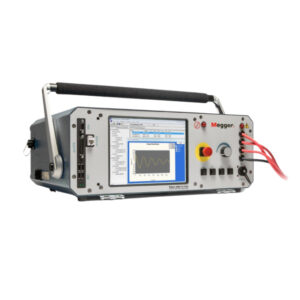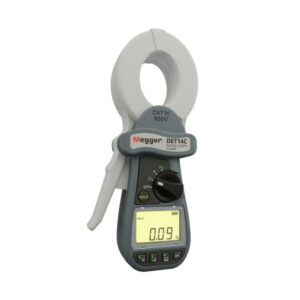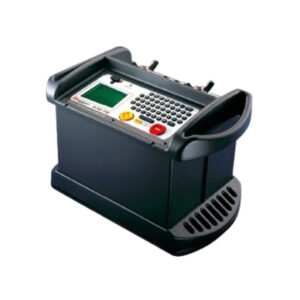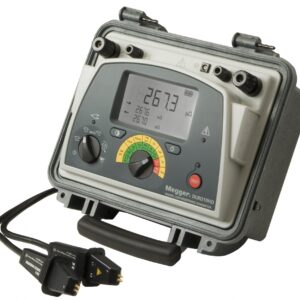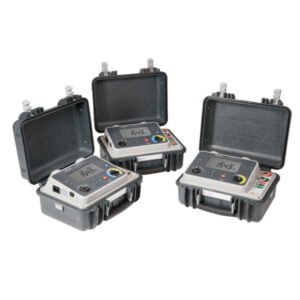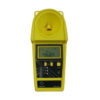The absolutely clear and unambiguous identification of a power cable before cutting or jointing is of great importance for safety. Any mistakes can result in significant property damage, personal injury or even death of the cable technician. Additionally, an incident will often cause unplanned in-service outages for connected customers. The CI/LCI system has been developed to make the task of cable identification and selection considerably safer and easier.
The system consists of a generator unit that sends defined impulses, and a receiver unit. This receiver CI RX is connected via a flex clamp (AZF 150-CI or AZF 250-CI)
in order to decouple the transmitter signal sent by the generator into the cable that is supposed to be identified.
This generator CI TX transmits single pulses with a peak current of up to 100 A. The current flow of the impulses causes an electromagnetic field with a well-defined polarity
around the connected power cable, which gets picked up by the flex coupler of the receiver CI RX, and which is automatically synchronised and displayed on the LED
indicator scale. The only adjustment is the displayed signal sensitivity
The following parameters are evaluated to distinguish the useful signal from interference:
■ Impulse shape
■ Polarity
■ Amplitude
■ Frequency (interval of 2 s)
The combination of using a directional clamp and the impulse parameter monitoring provides a safe and consistent cable identification and selection, regardless
of any interferences. The user only has to check the displayed signals for plausibility, i.e. typically only one of the conductors or cores has got the correct polarity while all other cables have the opposite polarity (search for the “odd one out“ or for “no signal”).
Any deviations from this situation must be addressed immediately by checking the whole setup.

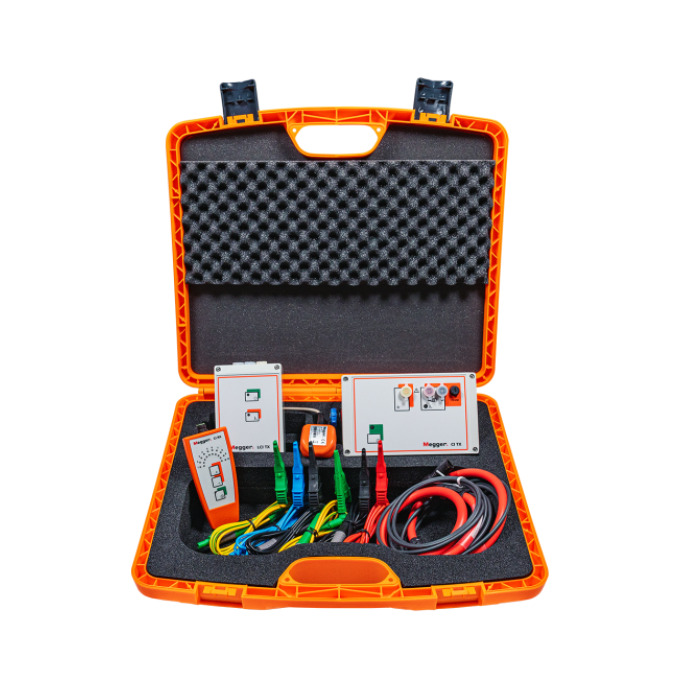
 megger-ci-lci
megger-ci-lci
